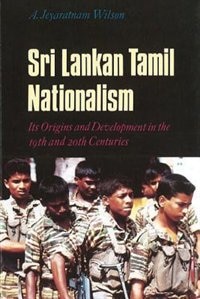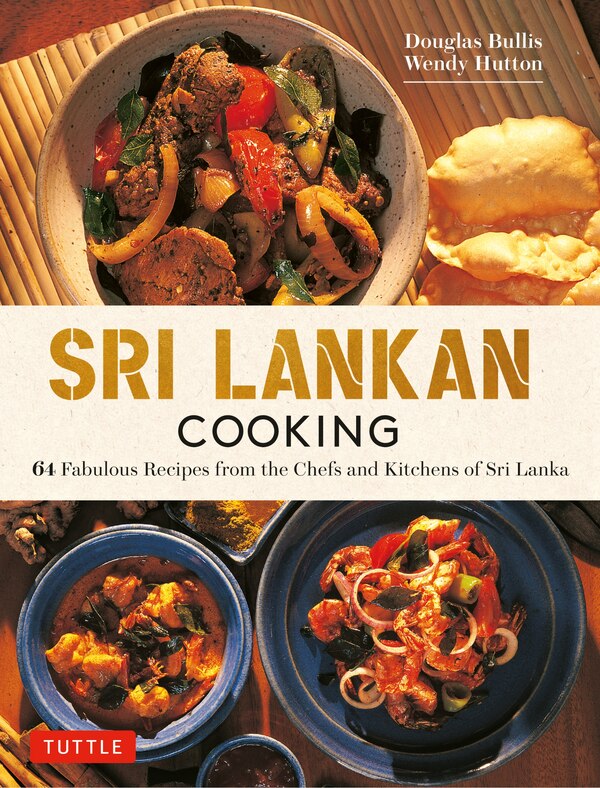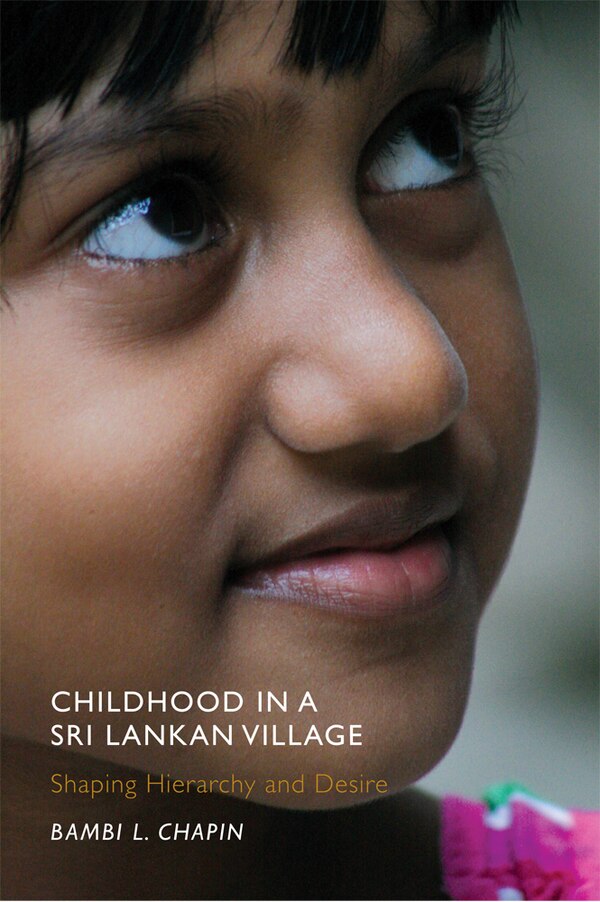Home
Sri Lankan Tamil Nationalism by A.J. Wilson, Hardcover | Indigo Chapters
Loading Inventory...
Indigo
Sri Lankan Tamil Nationalism by A.J. Wilson, Hardcover | Indigo Chapters
From A.J. Wilson
Current price: $95.00


Indigo
Sri Lankan Tamil Nationalism by A.J. Wilson, Hardcover | Indigo Chapters
From A.J. Wilson
Current price: $95.00
Loading Inventory...
Size: 0.71 x 8.74 x 400
*Product information may vary - to confirm product availability, pricing, shipping and return information please contact Indigo
“The Tamil nationalist fervour that has urged forward the determination to establish a sovereign mini-state of Tamil Eelam has now become a permanent political reality within the contemporary Sri Lankan policy" writes A. J.V. Chandrakanthan in the opening words of the ninth chapter (“An Inside View") in this book. Professor Jeyaratnam Wilson, the leading expert in the field, explains, concisely yet comprehensively, how this ominous development came about. The militarisation of the Sinhala-Tamil conflict in Sri Lanka began in the 1970s when attempts to reconcile by peaceful means the Tamils’ claim for basic individual and collective rights with the Sinhalese need to allay their chronic sense of insecurity finally failed. Since then the struggle has intensified, erupting successively in the burning of the Jaffna Public Library with its irreplaceable cultural treasures on 31 May 1981, the anti-Tamil pogrom in July 1983, and the army’s assault on Jaffna in October 1995. The point of no return to the status quo ante has long ago been passed. The mainly Hindu Sri Lankan Tamils have always been separated by language, religion, and history from the Buddhist Sinhalese although the minority community in the island vastly outnumbers the Sinhalese when the 40 million Tamils in South India are taken into account. The Tamils flourished under British rule, but soon after independence in 1948 discrimination by the Sinhala majority government began, and Sinhalese colonisation of the Tamil areas of the north and north-east was stepped up. Professor Wilson examines the social and caste structure of the Sri Lankan Tamils, and their linguistic, cultural, and literary heritage. There was a high level of political-cultural activity among them in the 19th century and in the first half of the 20th, and this is set forth with emphasis on the role of the eminent Ponnambalam brothers. In turn the various 20th-century expressions of Tamil consciousness are described: the All-Ceylon Tamil Congress, the Tamil Federal Party, the Tamil United Front, and the Tamil United Liberation Front. The final chapters detail the militarisation and arming of Tamil youth, the bloody struggle for supremacy among the armed Tamils, Indian intervention and the assassination of Rajiv Gandhi, and the phase leading to the present impasse. The author's analysis is informed by first-hand knowledge and personal contact with many of the actors involved. | Sri Lankan Tamil Nationalism by A. J. Wilson, Hardcover | Indigo Chapters | Sri Lankan Tamil Nationalism by A.J. Wilson, Hardcover | Indigo Chapters














